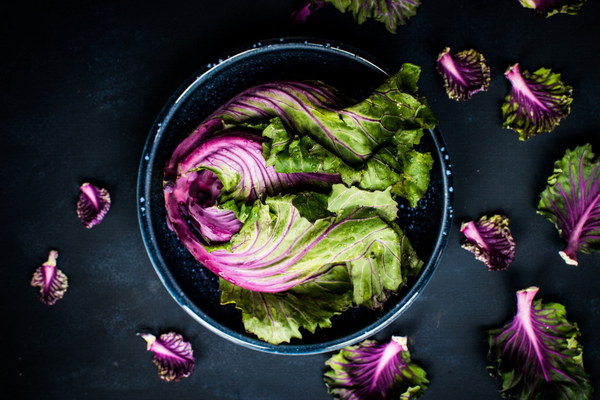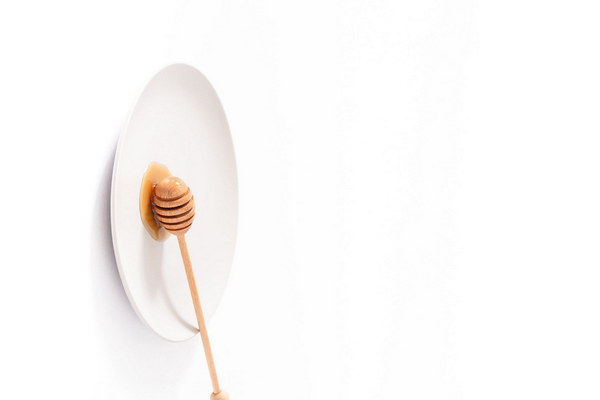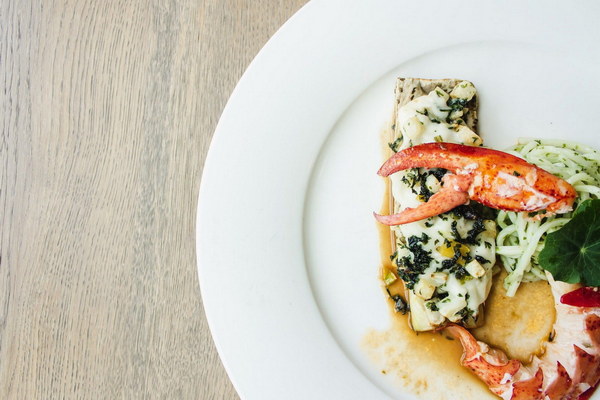The Art of Health at Seven A Traditional Chinese Poetic Perspective on Childcare
In the realm of traditional Chinese medicine, the cultivation of health and wellness begins at a tender age. As reflected in the ancient wisdom of the Tang Dynasty, children as young as seven years old are guided by a poetic tapestry of healthful living. This article delves into the essence of a classic Tang poem that encapsulates the principles of child-rearing and health maintenance for young ones.
The Poem:

In the garden of youth, seven years old,
A sprouting seed, full of vigor and bold.
Morning dew on petals, gentle and light,
The child's spirit, pure and bright.
The Philosophy of Childcare:
The poem beautifully illustrates the concept of nurturing a child's health from a holistic standpoint. The garden metaphor represents the nurturing environment that is crucial for a child's development. At seven years old, children are likened to sprouting seeds, embodying a blend of energy and innocence. The morning dew symbolizes the gentle care and attention required to nurture this nascent life.
Key Principles for Childcare:
1. Balanced Diet: The poem does not explicitly mention food, but in traditional Chinese medicine, a balanced diet is essential. It emphasizes the importance of whole grains, fresh fruits, and vegetables to provide the necessary nutrients for growth and development.
2. Physical Activity: The imagery of the sprouting seed suggests the need for physical activity. Encouraging children to engage in moderate exercise, such as playing outside or participating in sports, helps to promote strong bones, muscles, and cardiovascular health.
3. Mental Stimulation: The bright spirit of the child reflects the need for mental stimulation. Engaging in activities that promote creativity, curiosity, and problem-solving skills are crucial for cognitive development.
4. Adequate Rest: The gentle care and light mentioned in the poem also suggest the importance of rest. Ensuring that children have enough sleep and downtime is vital for their overall well-being.
5. Emotional Support: The nurturing environment depicted in the garden emphasizes the significance of emotional support. Children should feel loved, secure, and valued to develop a healthy self-esteem.
The Poetic Perspective on Childcare:
The Tang Dynasty's poetic perspective on childcare reflects a deep understanding of the human condition. It emphasizes the interconnectedness of physical, mental, and emotional health, and the importance of fostering a nurturing environment for children to thrive. By adhering to these principles, parents and caregivers can help ensure that children grow up to be healthy, well-rounded individuals.
Conclusion:
The wisdom of the Tang Dynasty continues to resonate with us today, reminding us of the timeless principles that guide us in nurturing the health and well-being of our children. By embracing the poetic essence of child-rearing and incorporating its teachings into our daily lives, we can create a solid foundation for a healthier future for generations to come.









